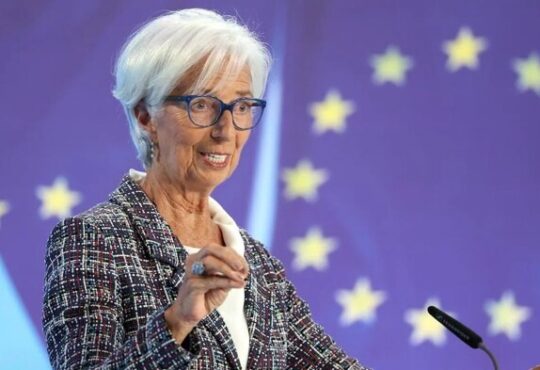
NEW YORK/LONDON, Oct 24 (Reuters) – Raw sugar futures on
ICE fell to their lowest in more than two weeks on Monday as the
market is pressured by the expected increase in global supplies
in the new global sugar season.
Cocoa futures rose, while coffee was little changed.
SUGAR
* March raw sugar settled down 0.25 cents, or 1.4%,
at 18.13 cents per lb after slipping to a more than two-week low
of 18.10 cents.
* Dealers said the market continued to be weighed down by
the potential for a substantial global surplus in the 2022/23
season, partly because of an expected rise in Brazilian output
as well as good production in India and Thailand.
* They noted, however, that supplies remain tight in the
short term, with March trading at a premium to May <SB-1=R> of
more than 0.90 cents.
* Egypt’s state grains buyer, the General Authority for
Supply Commodities, is seeking 50,000 tonnes of raw sugar of any
origin on behalf of the Egyptian Sugar & Integrated Industries
Company (ESIIC).
* December white sugar fell $6.80, or 1.3%,
at $526.20 a tonne.
COFFEE
* December arabica coffee settled down 0.5 cents, or
0.3%, at $1.904 per lb, although above last week’s 13-month
low of $1.8620.
* Broker Sucden Financial wrote in a note that the downside
momentum might be waning and there could be a change of trend in
the near term.
* Funds have been cutting a net long position in arabica
coffee during the recent slide in prices while an improving
outlook for next year’s crop in Brazil has also helped to drive
down prices.
* January robusta coffee fell $43, or 2.2%, at
$1,953 a tonne, having hit the lowest since late July at $1,946
per tonne earlier in the session.
COCOA
* December New York cocoa settled up $31, or 1.3%, to
$2,337 a tonne, hitting the highest in one week at $2,348/tonne.
* Dealers said cocoa arrivals in top grower Ivory Coast
continued to trail last season’s pace.
* March London cocoa rose 21 pounds, or 1.1%,
to 1,928 pounds per tonne, with gains limited by a strong
pound.
(Reporting by Marcelo Teixeira and Nigel Hunt; Editing by David
Goodman, Krishna Chandra Eluri and Tomasz Janowski)




